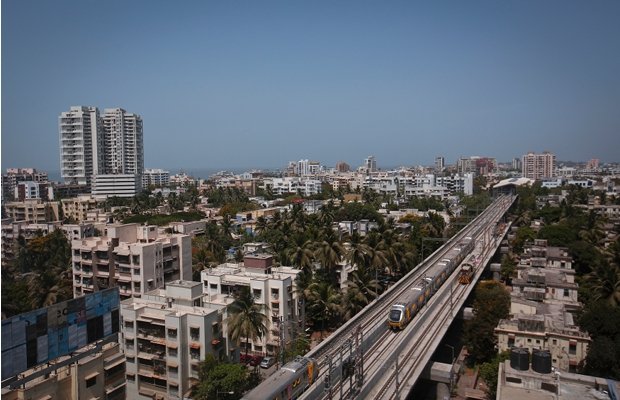UK exports to India hit record levels despite crucial post-Brexit trade deal missing today’s Diwali deadline

The UK is exporting and importing record volumes of goods with India despite complications around a trade deal which look set to miss todays planned Diwali date for completion.
Exports in July (£939m) and August (£913m) surpassed £900m for the first time ever recorded which puts the total volume of exports to India so far in 2022 at £5.5bn (Jan-Aug), surpassing all preceding full calendar years on record except 2011 (£6.4bn), according to new data.
It is not just exports that have been booming – goods imports from India also hit all-time highs in August 2022, reaching £990m.
Imports have now surpassed £900m for seven consecutive months in August, having never broken that level ever before, figures compiled by financial services firm Ebury show.
India’s growing economy and demographic changes such as a growing middle-class make it likely to become increasingly important over the coming years as the UK widens its trading links post-Brexit,” said Jack Sirett, partner at Ebury.
“A successfully negotiated FTA would put rocket fuel in trading volumes which are already rising rapidly, particularly in sectors such as automotive, agri-food, machinery, and pharmaceutical industries that are keen to export to India by providing further certainty and decreasing tariffs,” Sirett explained to City A.M.
Diwali deadline today
The latest figures come as the UK missed its deadline to sign a trade deal with India by Diwali, with no end in sight to negotiations between the two most powerful Commonwealth countries.
The Department for International Trade said the UK and Indian governments have “closed a majority of chapters” of the deal, but that there will be no announcement on the Indian holiday tomorrow.
There is no set date for the next formal round of negotiations and a Whitehall source said there would not be any new formal deadlines set for the post-Brexit trade deal.
Boris Johnson first promised a “trade deal by Diwali” during his trip to New Delhi in April and Liz Truss also committed to the deadline.
City A.M. reported in August that the deadline was hastily imposed by Johnson from above in a move that angered Whitehall officials.
Hurdles
Negotiations have hit several hurdles over the past month as the former home secretary Suella Braverman blocked any suggestion of granting more visas to Indian nationals as they are “the largest group of people who overstay ” visas – comments that reportedly enraged Indian officials.
It is understood there have also been more fundamental difficulties in getting the Indian government to change its protectionist stance and to allow more British services firms access to the country.
It was reported earlier this month that Indian Prime Minister Narendra Modi would come to Number 10 next week to complete the deal, however the trip was later cancelled.
Trade secretary Kemi Badenoch told BBC Scotland 10 days ago that she was no longer working to the Diwali deadline, in under the radar comments which were not widely reported by the British press.
She said “we’re no longer working to the Diwali deadline” and that “we want to focus on the quality of the deal rather than the speed of the deal”.
A Department for International Trade spokesperson said: “India is an economic superpower, projected to be to be the world’s third largest economy by 2050. Improving access to this dynamic market will provide huge opportunities for UK businesses, building on a trading relationship currently worth more than £24 billion.
“That’s why we are negotiating an ambitious Free Trade Agreement that works for both countries. We have already closed the majority of chapters and look forward to the next round of talks shortly.”
A department spokesperson pointed out that Johnson and Modi agreed to close the “majority” of the deal by Diwali.